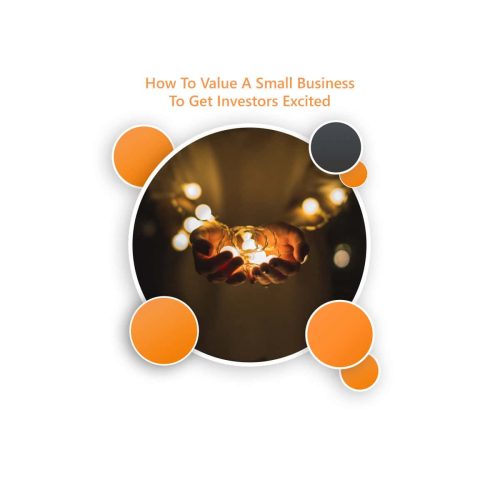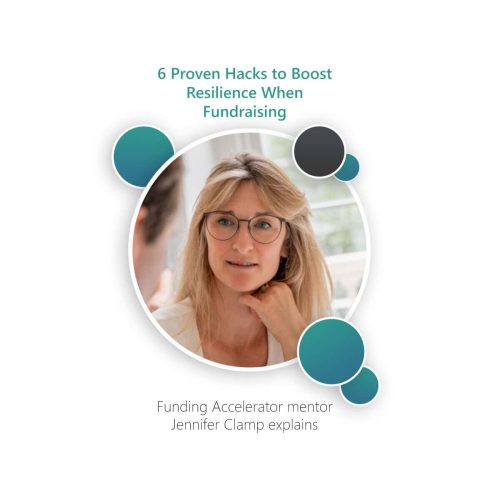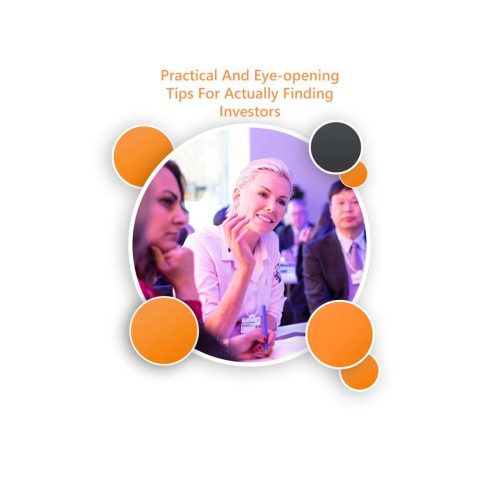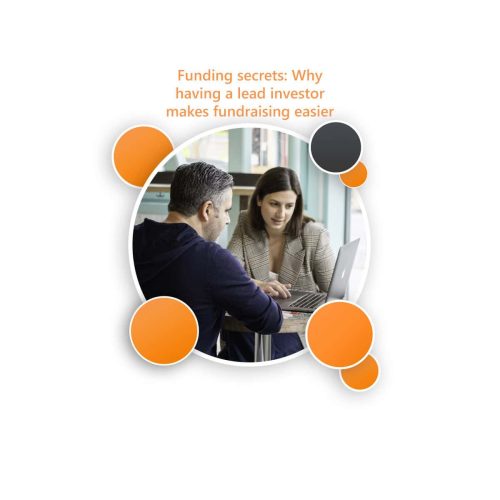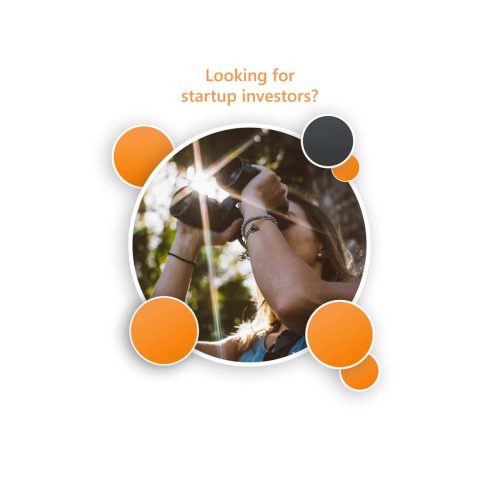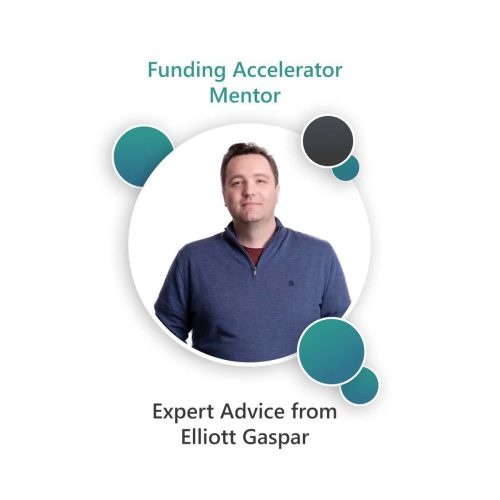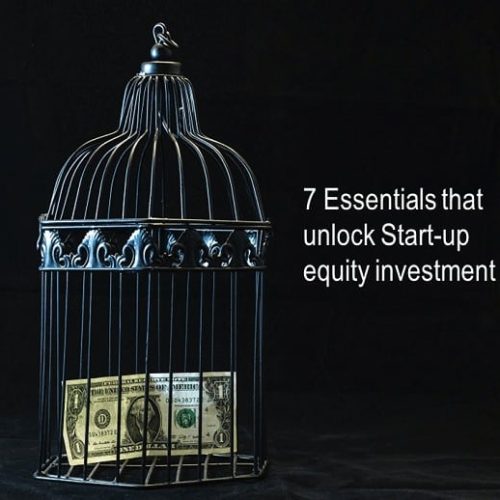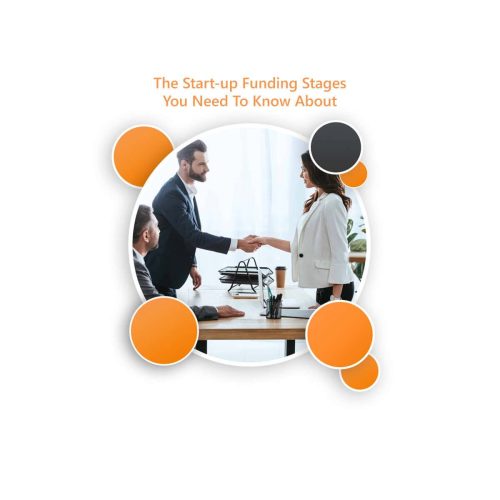Startup founders are resourceful and move quickly but sometimes that haste can work against them. They make mistakes. When it comes to raising investment for your startup, there are plenty of mistakes you can make that may cost you dear!

Mistake 1: A brilliant idea is all you need to raise investment for your startup
This is the most common mistake of all – and an easy one to make.
I made this mistake. The first time I raised investment for my startup I had a brilliant idea, a wire-framed web platform and a well-considered business plan and forecast. I was skilled at getting meetings with investors. We had great conversations. The people I spoke to gave me really useful feedback. But they didn’t invest, and they weren’t going to. Not at this stage. It was too soon.
I hadn’t built the platform. I didn’t have what investors would call the Minimum Viable Product (MVP).
I hadn’t got my first customers. I hadn’t got any revenue.
I hadn’t got what investors call traction.
It wasn’t that the idea wasn’t good. It wasn’t that I wasn’t capable of building the business it was just too soon for an investor to get involved. They needed more evidence, more proof it would work.
It took me four months to realise this. Four precious months.
When the penny dropped, I invested my life savings and spent just two focused months building the platform and recruited my first customers. Then I raised £150,000 in a week. That’s the difference traction makes when you are raising investment for your startup.
Mistake 2: You just need a beautiful pitch deck to raise investment
I’ve seen a lot of very good pitch decks. You can tell a lot of work has gone into producing them, but nine times out of ten those pitch decks won’t help in raising investment for your startup because they lack the key information all investors need to back a business.
There are two common mistakes with a pitch deck. Image is prioritised over substance – it looks good but doesn’t give investors the information they need. Or there is so much content in the deck that investors can’t see the trees for the wood. They are overwhelmed and left wondering what the opportunity really is.
Working out what investors need to know to back your business may feel like a game of smoke and mirrors but there are actually seven key pieces of information (The Seven Essentials of a Successful Pitch) that allow you to raise investment for your startup.
You need to present this key information logically. It’s all about positioning the opportunity. So, stop worrying about what your pitch deck looks like and focus on getting the message right.
Mistake 3: If I speak to everyone I know I’m bound to find investors
It’s very common to think investment is a numbers game. The more conversations you have the better. Someone will invest eventually and, if not, they’ll introduce you to someone who will.
Like all mistakes, there is some truth in this. The problem is that believing raising investment is about having lots of conversations often leads to founders mistakenly sending out endless emails seemingly asking just about anyone for money.
Do you respond to random requests asking you for money? Do you think “I must have this” when someone pitches to you on a subject you’re not even interested in? No? Nor do investors.
What is more important is reaching out to the right investors. Investors who are interested in your stage of business, your sector, your type of market opportunity. It’s about targeting.
Save your voice and use it for the conversations that really matter. Take time to do your research and find the right investors (or work with someone who can make the right introductions).
Mistake 4: It’s easy to get investors on the hook when raising investment for your startup
Serious investors get a lot of opportunities across their desk in any one week. You need to make yours stand out. That’s about getting the positioning right – for sure – but it’s also about making sure you stand out as a credible founder.
Your aim is to build a relationship, establish your credibility and gain the trust of an investor before you ask for money.
You don’t (usually) ask someone to marry you on the first date, nor should you ask for money the first time you contact a potential investor.
Think of your investor outreach as a dance, if you will. You need an investor to notice you, spot how good a dancer you are, to ask you to dance and then to thoroughly enjoy the process of dancing.
Don’t try and reveal everything all at once. Give them enough to entice them. (I favour sending a one-page executive summary not a pitch deck in the first instance). Leave them wanting to know more. Offer them a meeting to allow you to start a conversation. Build the full picture of your business over a series of documents and meetings.
Relationships are built over time. Allow time for your relationship with an investor to flourish. Don’t rush it. If you do your investor outreach right you’ll know when is the right time to ask for investment – and it, if you’ve done your job properly, it will be well-received.
Mistake 5: I don’t know exactly how much money I need to raise – but I’ll work it out as I go and take whatever I can get
What is the right amount of money to raise? It’s an interesting question. Raising too little could mean you have to go through the time-consuming process of raising investment again, sooner than you want to. Raising too much investment could mean you sell more equity than you really need to at an early stage (and probably at a higher valuation than you might like).
A common mistake founders make when raising investment for their startup is to cost the activities or projects that need to be completed and aim to raise enough to cover that.
It’s perfectly natural to start by thinking what will it cost to… launch a new product, recruit some new staff members, carry out some marketing campaigns.
The trouble with this approach is it has you thinking only about what things cost. It doesn’t consider the amount of time such projects take to complete. Time has a cost too. Every week or month it takes to complete a project you also need to cover your monthly outgoings – or what investors call your burn rate. You need to ensure you have consider how long a project will take and factored in your burn rate costs as well as the project costs.
Another problem with thinking only about costs, is it ignores the bigger picture. It is almost certain that you will need to raise more investment. It is easier to raise investment if you have achieved significant milestones in the business and moved the business on a stage in its growth cycle.
For this reason, it can be better to think in terms of milestones when raising investment for your startup. Think about what would be the next milestone that demonstrates your business is succeeding. It might be attracting your 1,000th customer, achieving revenue of 6 figures or entering a new market. What constitutes the right milestone will vary from business to business. The point is you need to think about it now and ensure you raise enough investment to get you to that milestone. Give yourself enough runway to reach the milestone.
Thinking in this way will not only help you determine the right amount of investment to raise but it will also help you sleep easier at night once you have raised because you will have bought time to focus on the business, rather than be distracted by another investment raise.
Mistake 6: I don’t need to talk about valuation – it’s all about opportunity
Founders who don’t think they need to be clear about their valuation from the get go are delusional.
Raising investment is an exchange of value.
First you have to be clear about the value you have already created in your startup. This could cover all sorts of things – it might constitute assets in the form of technology or a strong brand that you have built. It might be intellectual property (IP) or it might be your approach to capitalising on a market opportunity.
No one is going to throw of money at a question mark so you must be clear about what you have created.
The second thing to consider is that you don’t get something for nothing. If you want to raise investment you must be clear about what you are offering in exchange.
So many founders don’t know when to introduce the topic of valuation into their conversations with investors. Some founders seem nervous about putting valuation into a pitch deck for example. However, you must. Not doing so is like offering a product and not indicating its price. Without a valuation investors can’t work out what the opportunity is worth to them.
Worse than that, not mentioning valuation undermines your credibility with investors from the get-go.
Mistake 7: I don’t have time to raise investment I’ll get someone to do it for me
It is true that raising investment for your startup is time consuming. It can even feel like a distraction from your real job of growing your business. It is tempting, therefore, to look for short cuts, cut corners or even to get someone to do it for you.
If you delegate part or all of the process of raising investment to someone else you lose on two levels. You can’t be certain how your business is being portrayed to investors (and what commitments you might be held to) and you miss out on the opportunity to meet investors, get to know them so you can be sure that an investor is a good fit for your business.
Rather than get someone else to do the work for you, find an adviser who can guide you through the process of raising investment and support you in unlocking investment. Be wary of advisers who talk a good game but have not actually raised investment themselves. There are a lot of people who will offer advice – some of it contradictory – which can leave you more confused than when they started.
Generally it is good advice to learn from someone who has raised investment themselves. Someone who knows first-hand what it takes and who can support you through the process with a proven methodology, insights and resources. This will make it quicker and easier to raise investment.
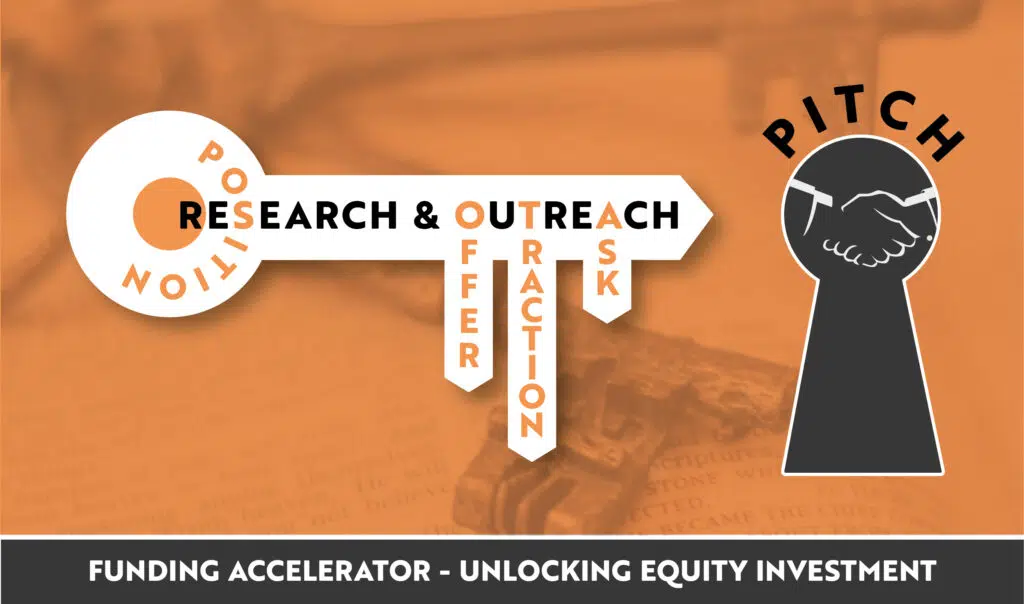
It is a wonderful moment when you raise investment for your startup. Investment can unlock so many opportunities for growing your businesses. It is definitely a moment to be celebrated. However, don’t make the (ultimate) mistake of thinking it’s the end of your journey. Really it’s just the beginning of the adventure…the adventure of growing your startup to the next stage. Enjoy the journey!
Is your Startup ready for investment?
Take the Startup Investment Scorecard to discover if your Startup is ready for investment. Start here
Further reading:
How to find investors for a startup – quickly!
Discover what helped Twist Teas find investors for their startup



